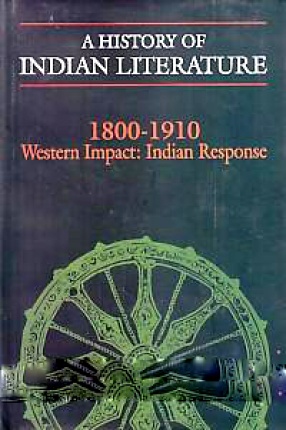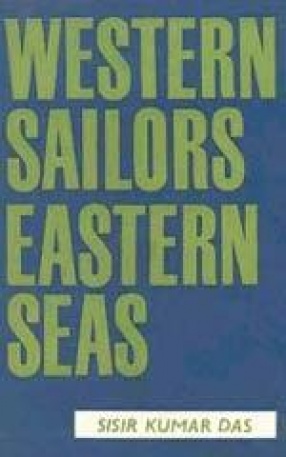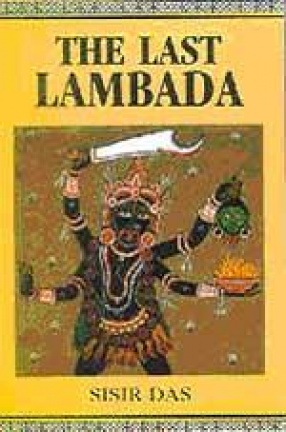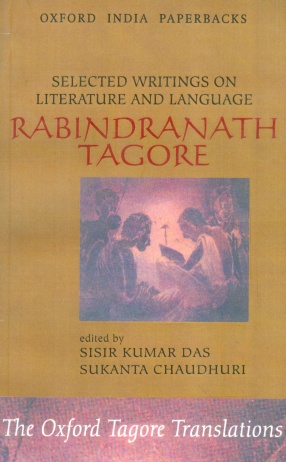
Sisir Kumar Das

Showing all 8 books





Rabindranath Tagore (1861-1941) became an international figure when his Gitanjali, an anthology of religious lyrics, originally written in Bengali and translated into English by the poet himself, was awarded the Nobel Prize for Literature--the first ever to an Asian--in 1913. Since then he came to be known not only as a great writer but also as the most able spokesman of modern India. Till today he is the most widely read Indian author in India and abroad. ...

Steering clear of the limiting and self-gratifying ‘influence studies’ in literature which Rene Wellek dismissed as ‘cultural book-keeping’ about the influencing and influenced nations, this study makes for a wide-ranging exploration of different literatures and literary texts in terms of their affinities and diversities, ambivalences and appropriations, as also their cross-cultural, ...

Tagore place as a critic has been partly eclipsed by his fame as a creative writer. He is one of the founders of modern Bengali critical thought, and among the most perceptive literary analysts in the language. His corpus of critical writings is considerable, comprising more than one hundred pieces of varying length. The essays featured in this selection reveal his engagement with the central issues of criticism, as well as with literary theory and aesthetics. ...

The challenge of Christianity played a very significant role in the resurgence of Bengal in the nineteenth century. The Hindu intellectuals had to reinterpret his theological position to meet this new challenge which also made him aware of his own religious heritage. It thus helped the growth of a religious nationalism which culminated into a political nationalism towards the close of that century. The nature of this confrontation between Christianity and ...

The mythical image of India had cast her spell on the Western man since the beginning of history. The present book is a brief account of the response of German intellectuals to India in its difficult phases-from its initial romantic attitude to its more mature and critical appreciation of the languages and literatures, philosophy and religion of India. The discovery of ancient wisdom by German indologists added a new dimension to disciplines of Linguistics, ...


This is not just the story of the Lambada clan - favorites of a goddess, champion fornicators and ruthless rulers of a part of coastal Orissa. This is a story about life's caprices, of fantasy and fact, tradition and modernity, of faith and enduring wretchedness. For, sex and piety lay a strange foundation for a clan that unleashes a reign of terror for four hundred years.Is it a myth or is it the truth, or is it neither? It all begins when a man with an extra ...
